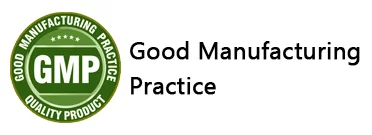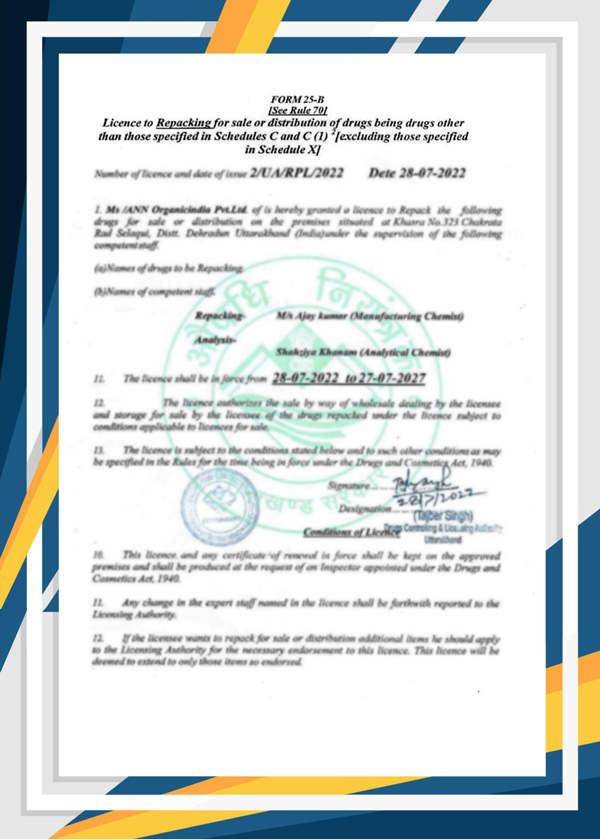Beta Glucanase enzyme is a substance that hydrolyzes β-glucans. The most essential β-glucanases for brewing are those that help in breaking down the β-glucans present in the walls of the cell of barley’s endosperm. β-glucanase preparations are used to hydrolyze barley gums which come in handy in the brewing industry. They are produced by a Bacillus species. Some fungi also make fungal β-glucanases of the Aspergillus group.
Application of Beta Glucanase enzyme
Beta glucanase enzyme is also used in enological practices during the aging process of wine, particularly when aged with the lees using micro-oxygenation. The Beta glucanase enzymes aids in the autolysis of the yeast cells to release polysaccharides and mannoproteins, which are believed to aid in the color and texture of the wine.
This Beta glucanase enzymes hydrolyzes the β1,3-glycosidic bonds of beta-glucans that are present in the cell walls for reducing the viscosity of barley, wheat, rice, rye, and malt other cereal grains, which have high β-glucan content.
A Beta Glucanase enzymes preparation is also used to reduce the wort viscosity and to improve solid/liquid separation for filtration and lautering purposes. High levels of β-glucans in brewing raw materials ought to be avoided as they can cause problems, particularly in wort production and beer filtration. β-Glucanases are important as they are essential in breaking down the complex β-glucan molecules to smaller units.





